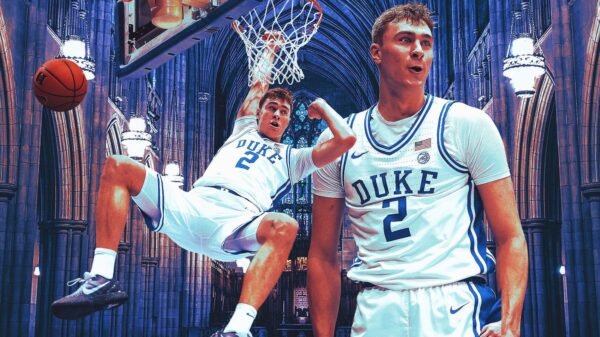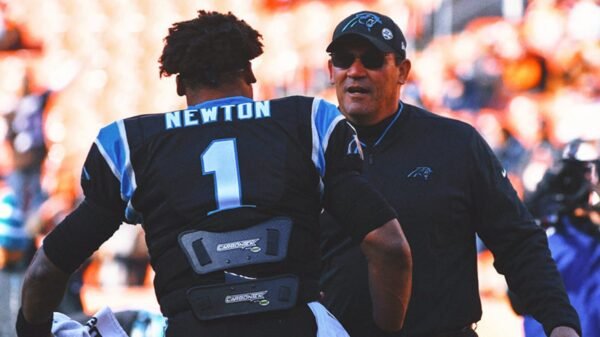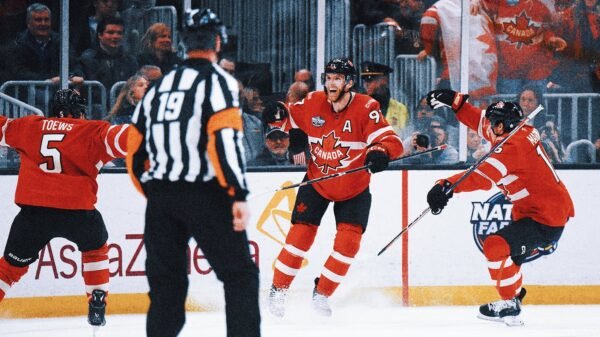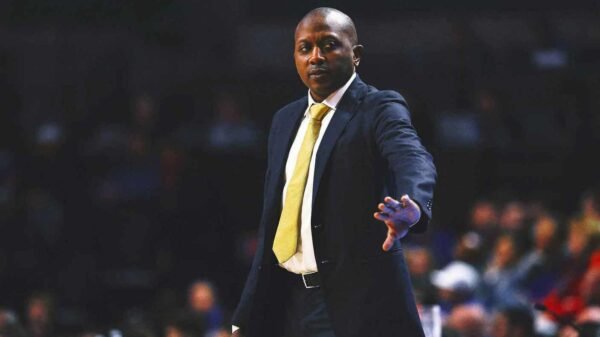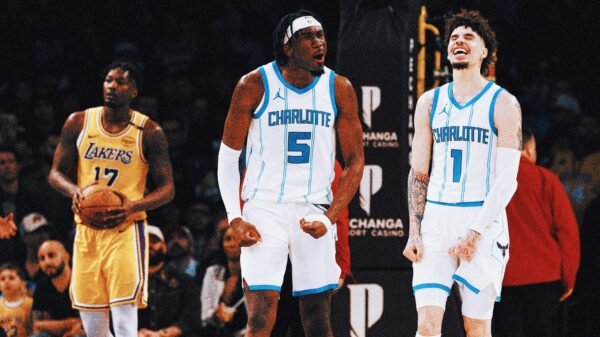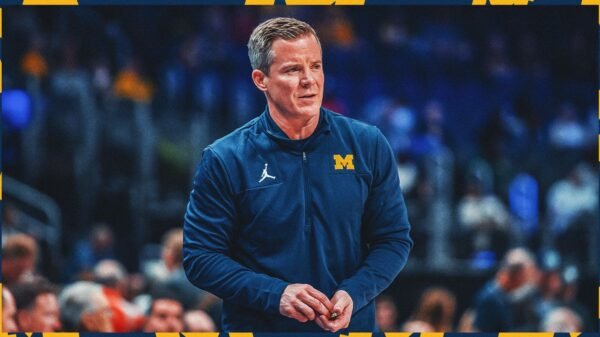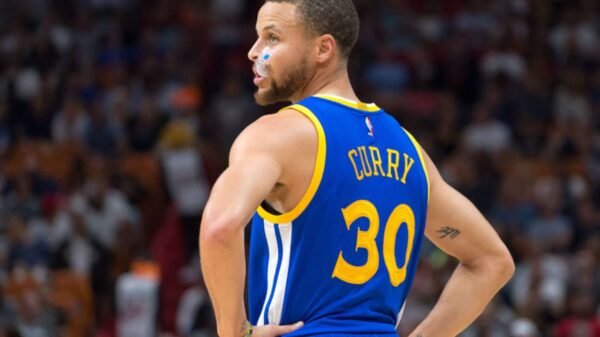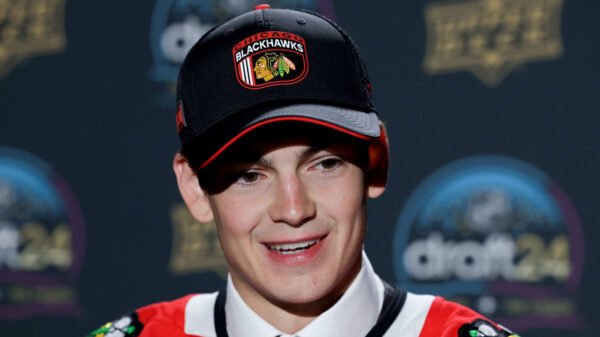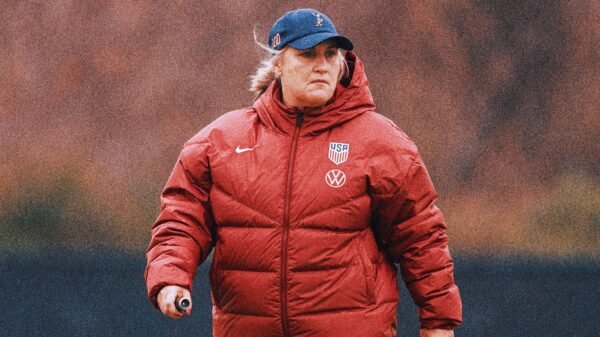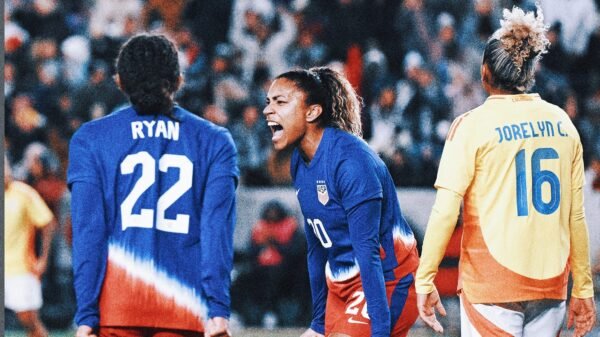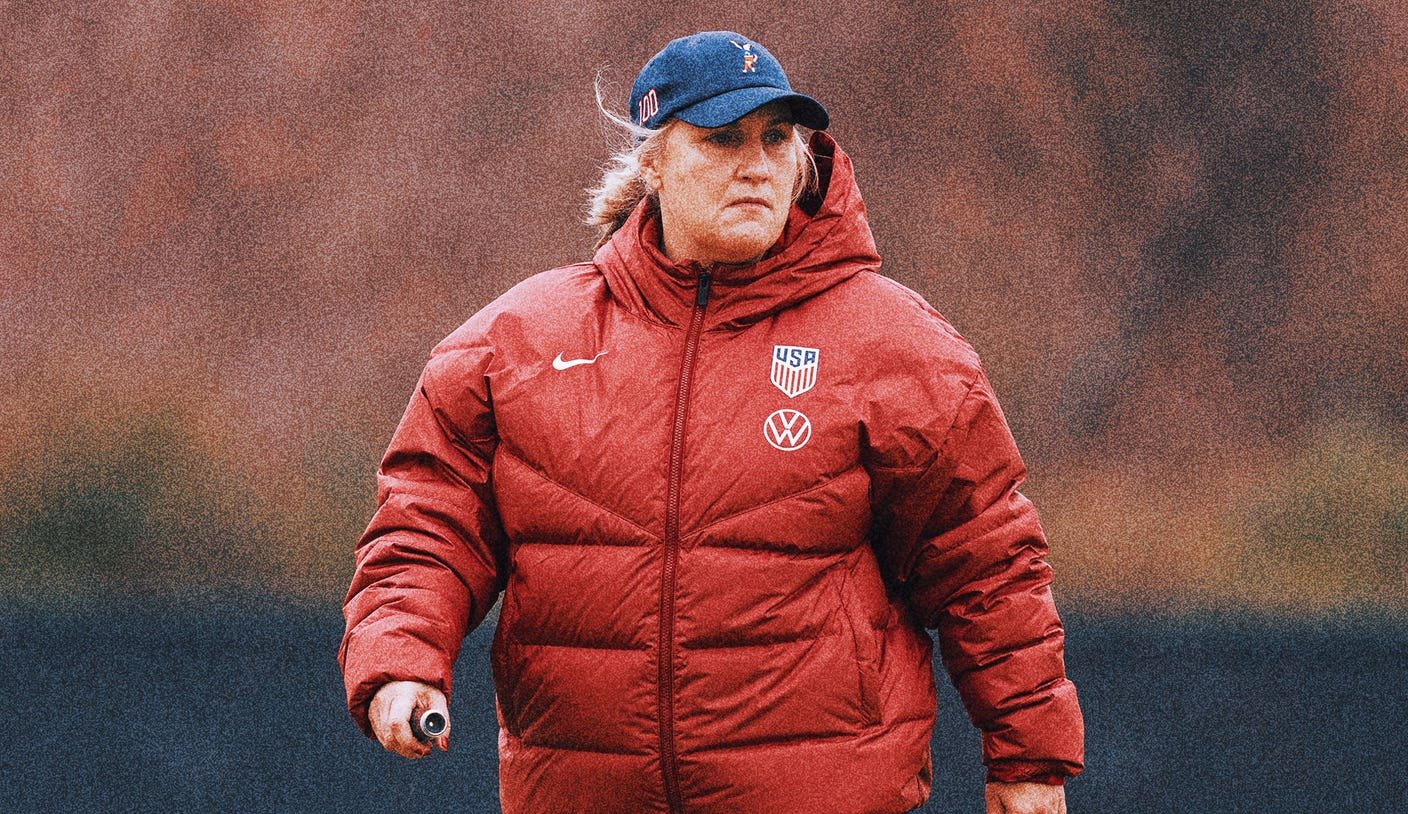HOUSTON — USWNT coach Emma Hayes embraces the risk of player development at the SheBelieves Cup. This philosophy is at the forefront of her strategy as she prepares for the upcoming international matches.
“We do not have a World Cup today, and my job is to prepare a team to compete come that period,” Hayes stated before the 10th annual SheBelieves Cup. The USWNT is set to play three matches in just seven days, starting with a showdown against Colombia at Shell Energy Stadium on Thursday night, followed by games against Australia in Glendale, Arizona, on February 23, and Japan in San Diego on February 26.
With the next major tournament two years away, Hayes is focused on providing opportunities for younger players to expand the talent pool. This approach aims to create a seamless transition for the team leading into the 2027 World Cup. By fostering the development of players like captain Lindsey Heaps, who boasts a team-high 161 caps, alongside 19-year-old midfielder Claire Hutton, who recently received her first senior call-up, Hayes is strategically bridging generational gaps.
“There’s no point in discussing the evolution of a program without offering opportunities for growth,” Hayes explained. “However, this approach carries risks, and it may not always appear polished. Yet, I trust the process. My extensive coaching experience tells me that this method will enhance our chances of competing at the highest levels when we face the world’s elite teams.”
She added, “Our youth and U-23 programs have only matched about 50% of the development seen in countries like Germany, England, and Spain. It’s imperative that we close this gap to maintain our position among the top teams globally.”
What does this mean for the upcoming SheBelieves Cup? The team’s performance may differ from last summer’s gold medal success at the Paris Olympics. Key players such as Mallory Swanson, Sophia Wilson (formerly Smith), and Trinity Rodman from the renowned “Triple Espresso” group, along with Rose Lavelle and Naomi Girma, are sidelined due to injuries and will not participate in this roster.
Although Hayes prefers to have all her top players available, this situation provides a valuable opportunity for those who might not have been called up otherwise. The current roster of 23 players includes four who have yet to earn a cap, ten with fewer than four caps, three who stood out during the “futures” talent identification camp in January, and four teenagers.
Among those selected are 19-year-olds Hutton and Gisele Thompson, along with 22-year-old Michelle Cooper, all participating in their first senior camp this week after impressing at the futures camp. Hayes is eager to evaluate their performances alongside veterans. For instance, she sees potential in Hutton for a significant future with the national team, but she is keen to compare her to established players like Sam Coffey. Similarly, she is interested in how Cooper measures up against Yazmeen Ryan and whether Thompson can add depth at fullback behind Emily Fox.
“This year is about building relationships and understanding our goals, as well as observing how players perform under pressure,” Hayes stated.
To assess player development, Hayes employs a mix of observation and metrics. “I evaluate how players implement tactical information and how quickly they adapt their play, whether on or off the ball. Some players learn faster than others,” she noted.
“The next step is to see how they perform in a game, facing the challenges of a crowd, a strong opponent, and all the associated pressures. This combination will help us determine if they are prepared now or if they need more time,” she added.
If players require additional development with the U-23 team, it does not signify a setback. “Far from it,” Hayes clarified, emphasizing that this is a strategic approach to nurture players who may not yet be ready for senior competition.
“Our goal is to consistently develop over 50 players during each international break,” Hayes stated. “This is a significant opportunity that we must seize.”
This focus on development is particularly crucial for the goalkeeper position. With Alyssa Naeher’s future replacement uncertain, Hayes has called in only two goalkeepers for this camp: Jane Campbell and Mandy McGlynn. Phallon Tullis-Joyce is training but not participating in matches this window. Casey Murphy, who served as Naeher’s backup at the Olympics and has the most caps (20) among goalkeepers, was not selected, nor were Claudia Dickey or Angelina Anderson, who were part of the January camp.
Hayes stated that all of these players remain in contention, but the current camp will prioritize Campbell (eight caps) and McGlynn (one).
Both Campbell and McGlynn will see action during the tournament, along with many less experienced players. The key question will be who earns consistent invitations as Hayes shapes her core group in the coming months.
“For the less experienced players stepping into these roles, it’s their responsibility to impress,” Hayes remarked. “They must position themselves to make my job challenging every month. You need to make it difficult for me to finalize a roster.
“When entering these situations, players must showcase the growth mindset necessary to compete at this level, demonstrating that in both training sessions and matches. I believe we have a talented group to build around, and I want everyone in this squad to seize the opportunity and fully embrace it.”

